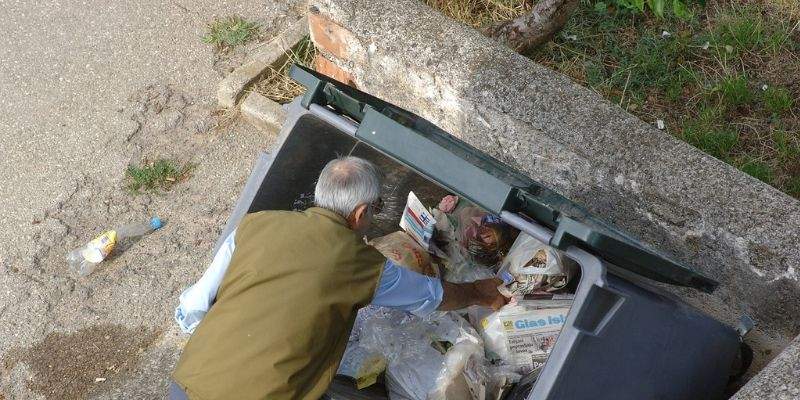When you think about what it looks like to live frugally, you may envision that it involves spending your evenings and weekends at home doing a whole lot of nothing. Being frugal, however, is not about pinching pennies and sacrificing life’s pleasures in order to save money. It takes some practice, but you can learn how to be frugal without rearranging your entire lifestyle.
Blogger and saving expert Kendal Perez, agrees.
“I think it’s dangerous to associate money with an exciting life,” she says. “There are plenty of experiences worthy of your time that are free or cost very little.”
If you are looking for ways to become more frugal, start with these 5 tips:
Quit Unhealthy Habits
Unhealthy habits can add up quickly, and at the same time take a toll on your health. Some of the habits you may want to reconsider include: fast food consumption, drinking too much alcohol, smoking cigarettes, and more. If you cutback or eliminate any of these indulgences, there is a good chance more money will go back in to your wallet. Forgoing unhealthy habits can also increase the cost of health and life insurance, which over time, can add up quickly.
Coupon
Many people think that being on a budget requires giving up many of the things they enjoy. The reality is, you can still be frugal and do what you want, within reason. For some, that means planning their social lives and shopping habits around deals. Look for discounts on food and activities on various coupon and deals websites. Instead of going to the movies during prime hours, look for the “$5 Tuesday bargain” and sign up for coupons on movie theatre snacks. Or, meet friends during happy hour to save on drinks and appetizers.
Choose Your Luxuries
Take a moment to list out all of your “luxury” purchases in the last month or two. These include the items that you don’t necessarily need. Your list could include Netflix or cable TV, satellite radio subscriptions, nail appointments, coffee shop lattes, etc. Next, decide which items are worth splurging on, and which items might be worth cutting back.
Save for the Future
Most financial experts would agree, it is important to set aside money in an emergency fund for any unexpected expenses. And at one time or another, people are faced with some of the larger expenses that come with buying a car, remodeling a home or saving for their child’s college education.
In Canada, a Registered Education Savings Plan or RESP is a savings plan that allows parents, grandparents, friends and other relatives to save for a child’s education after high school. An RESP can be started as soon as a child is born through providers like Children’s Education Funds Inc. Parents can set their financial goals and make payments that work within their budgets. When it comes to preparing a child for a debt-free future, even a little savings can help offset the cost of tuition.
Negotiate credit card rates
If you’re paying high interest rates on your credit cards, it’s important to know that there are ways to lower your payments. Not only do you have the right to negotiate your current interest rate with your credit card company, but you can also transfer your balance to a new card with lower rates.
Regardless of your financial situation, it is possible to become more frugal with your spending habits. With just a little effort on your part, a small amount of savings can go a long way to ensuring financial freedom in the future.
